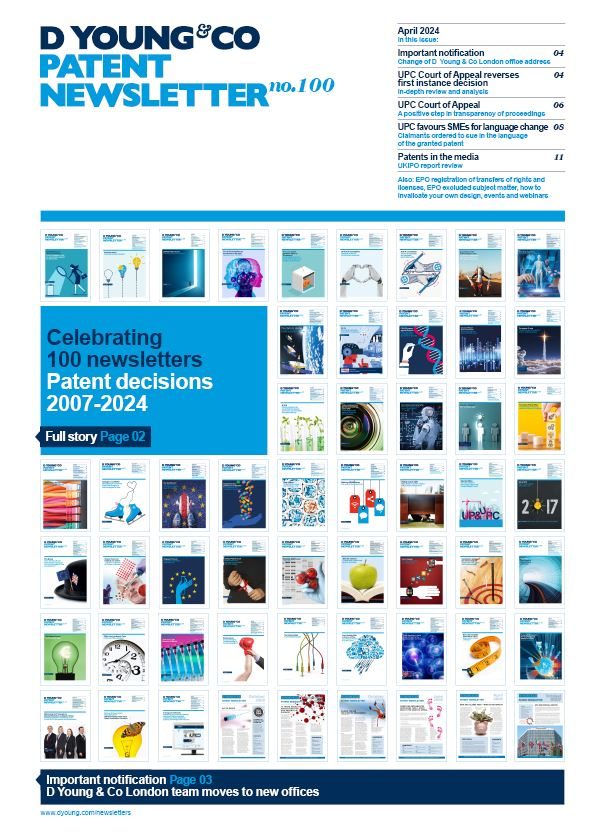European Parliament proposes ban on patenting of gene edited plants and relaxation of strict GMO regulation of NGT plants
On 07 February 2024, the European Parliament voted in support of a full ban on patents for all plants produced by new genomic techniques (NGT), plant material, parts thereof, genetic information and process features they contain. The European Commission’s (EC’s) initial regulatory proposal on the marketing of NGT plants, published 05 July 2023, was set to relax the European Union’s (EU’s) strict genetically modified organism (GMO) rules with respect to NGT plants that are considered to be “equivalent to conventional plants” (NGT category 1 plants).
NGTs refers to techniques that alter the genetic material of an organism in a targeted way for example using gene editing tools such as CRISPR/Cas systems and TALENS. Currently, all plants obtained by NGTs are subject to the same EU marketing rules as GMOs, which are among the strictest in the world. The aim of the EC’s proposal is to relax these rules, allowing certain NGT plants to enter the European market. The EC recognises that these technologies can help to strengthen Europe’s food safety in a sustainable manner.
The proposed relaxation of GMO rules in respect of NGT1 category plants is of course generally considered to be good news for the European Ag-biotech sector.
The EC’s original proposal did not contain any provisions relating to intellectual property. However, following amendment by members of the EU Parliament (MEPs), the proposal which will now be put to the European Parliament contains a new Article 4a which specifies: “NGT plants, plant material, parts thereof, genetic information and the process features they contain shall not be patentable.”
The proposal therefore looks to introduce a full patent ban on NGT plants.
The proposal also suggests amending Article 4 of the Biotech Directive (98/44/EC) to expressly ban patent rights on all NGT plants, which also extends to plants obtained by classical mutagenesis or cell fusion.
Although the amended proposal allows that NGT1 plants may be brought onto the European market, in introducing a full ban on NGT patenting it could simultaneously disincentive innovation in this area in Europe.
The Institute of Professional Representatives before the European Patent Office (epi), along with other bodies and companies, has called upon MEPs to reconsider the proposed amendment to ban patents on NGT plants. It is hoped that the focus will return to the object of the original proposal, that is, to facilitate the development of innovative NGT products which can be placed on the market in a safe way to benefit farmers, consumers and the environment.
MEPs have requested a report by June 2025 on the impact of patents on breeders’ and farmers’ access to varied plant reproductive material as well as a legislative proposal to update EU rules on intellectual property rights accordingly.
The proposal has to be discussed with the member states before it can be adopted. Whether this will be possible before the European elections in June 2024 is uncertain.
We will provide on update on these issues as soon as there are any further developments.
European Commission press release, 05 July 2023
European Green Deal: more sustainable use of plant and soil natural resources.
European Parliament press release, 24 January 2024
New Genomic Techniques: MEPs want to ban all patents for NGT plants.
Read moreepi press release, 02 February 2024
European Parliament wants to ban patents for NGT plants.
Read more

